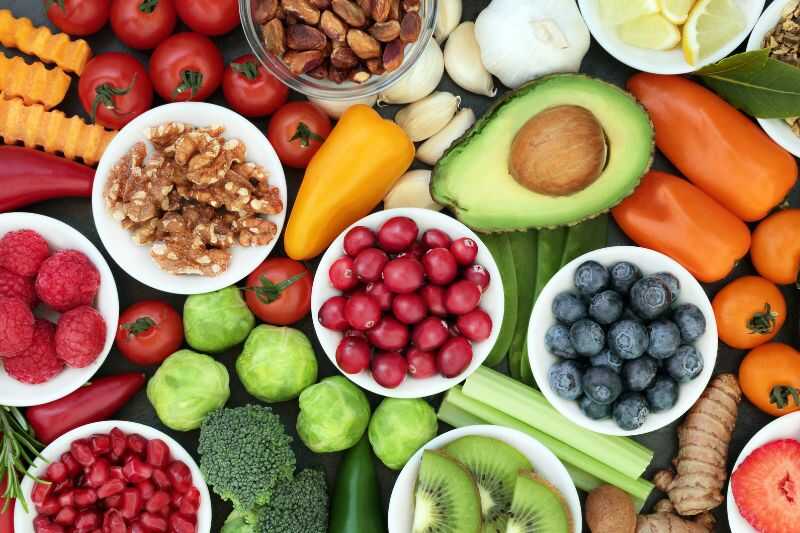Question
With a growing population, many people believe that we should focus on producing more GM foods. What are the advantages and disadvantages of doing this?Model Answer
As the world's population increases, so does the demand for food. This comes at a time when water is increasingly scarce and people are becoming adverse to the use of pesticides. GM Food is one solution to this problem. Some people however are worried that genetic modification in plants poses a health risk to humans. I personally believe that the risks are minimal and are far outweighed by the benefits to humankind.
Critics of GM foods argue that it is impossible to foresee the consequences of artificially altering the genetic makeup of living organisms. Scientists, when altering a plant's genome, might unwittingly make a change with unintended catastrophic consequences. GM protesters argue that scientists are not infallible and by meddling in the natural order of things they risk causing irreversible damage to the environment.
However, the case against GM foods is often made in the vaguest of terms. It is not enough to say that GM food can cause a disaster by some unknown mechanism without specifying what it is. Meanwhile, GM crops bring a number of quantifiable benefits. As people start farming more marginal land, the crops they grow need to be more resilient to pest attacks and to be able to thrive in harsher conditions. Genetically modified grains can deliver both, meaning that yields are high enough to sustain populations at risk of starvation.
In conclusion, whilst I believe that scientists need to proceed carefully, the case against GM foods is largely just conjecture. At a time of population growth, GM food is an important way to ensure food security.
(264 words)
